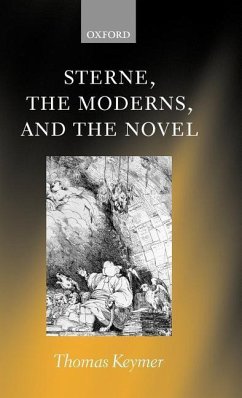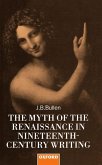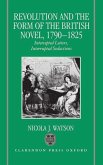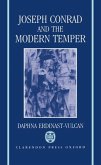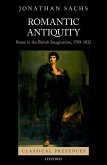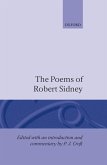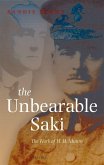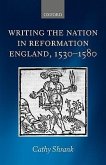Through the mechanisms of improvisatory serialization, Sterne could also engage with other new texts and trends as they continued to emerge, including 'Nonsense Club' satire, the Ossianic vogue, and debates about the Seven Years War.
"Tristram is the Fashion," Sterne gleefully wrote of his masterpiece, Tristram Shandy, in 1760. This study reads Sterne's writing alongside other trends and texts of the time, showing how Sterne created and sustained his own vogue through self-conscious play on his rivals' work. The result is a highly original account of a major early novelist, and of the way his writing reveals and defines what one witness called "this Shandy-Age."
"Tristram is the Fashion," Sterne gleefully wrote of his masterpiece, Tristram Shandy, in 1760. This study reads Sterne's writing alongside other trends and texts of the time, showing how Sterne created and sustained his own vogue through self-conscious play on his rivals' work. The result is a highly original account of a major early novelist, and of the way his writing reveals and defines what one witness called "this Shandy-Age."

